Music has long been a conduit to healing. Learn more about how music therapy can improve anxiety, depression, and more.
“Musick has charms to soothe a savage Breast.”
This oft-misquoted idiom, from the 17th-century play, Mourning Bride, by William Congreve, posits the idea of music as therapy.1 Note the words used in the original verse from 1697—it’s “musick,” not music and “breast” not beast. Because the words were penned so long ago, it’s hard to know for certain—or verify if “breast” was intended as “beast” (surely there were typos back then, too!)—but the meaning seems clear: In times of agitation or sadness, music can be a calming influence.
Music as therapy has shown positive and beneficial effects in managing a host of medical conditions, like high blood pressure, as well as an effective treatment for some mental health conditions. Usually part of a multi-pronged approach to care, music therapists work with doctors, nurses, social workers, and other practitioners to alleviate depression, trauma, schizophrenia, and more.2
Related: Music Therapy for depression – how can it heal you?
ANCIENT ORIGINS
While modern music therapy may be a 20th-century “invention,” it is by no means a new concept. Ancient Greek philosophers used music therapeutically, playing tranquil flute melodies to manic patients; while people with depression were treated to the soothing sounds of a dulcimer (an instrument similar to a zither).
Physicians and musicians were housed in holy healing shrines—further cementing the intertwined relationship that music and healing had in Ancient Greece. Early Ancient Egyptian medical papyrus texts describe chant-like incantations for healing the sick. And within Chinese medicine, a tradition with an ancient lineage, music is seen to correspond to the five different organ and meridian systems, which can be used to promote healing.3
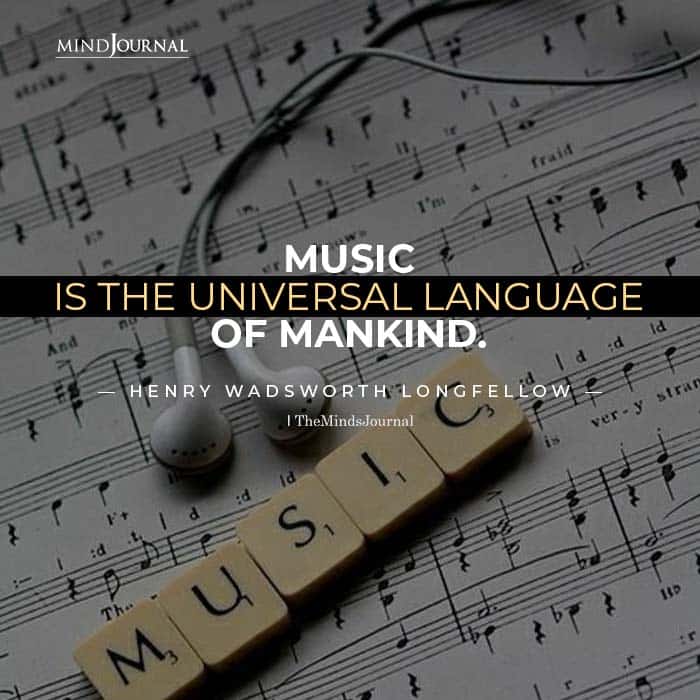
A TIBETAN RITUAL REBORN
If everything old is new again, singing bowl therapy belongs in that fascinating group. Dating back to the 12th century, Tibetan singing bowls are a type of bell that vibrates and produces a rich, resonant, deep tone when played. The sound is said to promote relaxation and powerful healing.
Buddhist monks have long used Tibetan singing bowls in their meditation practice—and now this ancient aural therapy has come back into vogue. Wellness centers offer sound baths where practitioners incorporate singing bowls into experiential musical therapy. A 2016 study found that singing bowl meditation reduces depression, fatigue, anger, stress, and anxiety.4And reducing the negative impact of these symptoms has positive benefits for both physical and mental health.
THE DAWN OF MODERN MUSIC THERAPY
While Aristotle and Plato extolled the healing virtues of music, modern music therapy originated during World War II. Many soldiers struggling with physical and emotional trauma (such as post-traumatic stress disorder or PTSD) were institutionalized, unable to function in society. Volunteer musicians of all types, both amateur and professional, began playing for hospitalized veterans.
Noting the positive physical and emotional impact, doctors and nurses started requesting regular visits from musicians. It was thought that hearing familiar songs helped stabilize and calm the soldiers—bringing them back to a more peaceful time before the war. Overtime standards and training programs began to emerge. In 1944, Michigan State University founded the first college music therapy program, a step toward codifying the approach as a therapeutic discipline.5
Related: Music Personality Test: What Your Taste In Music Says About Your Personality
MUSIC BECOMES A HEALING MODALITY
Medical staff in hospitals with war veterans continued to be impressed by the positive emotional, physical, and psychological effects of music. Music seemed to reach the traumatized soldiers and other people in ways that traditional therapies (lobotomies and insulin-induced comas for those with chronic symptoms, among them)6 did not during a time when psychiatric treatment approaches were neither respected or encouraged in the military.
On the heels of that success, the National Association for Music Therapy was formed in 1950 (now called the American Music Therapy Association). This group helped further important research in this burgeoning field.
HOW MUSIC AFFECTS THE BODY
Here’s the skinny: melody, harmony, and rhythm stimulate the senses, which affects our breathing, heart rate, and other bodily functions. Music can promote a sense of tranquility—or it can rev you up. Music therapy, particularly when combined with talk therapy, boosts levels of the “feel-good hormone” dopamine. Associated with feelings of euphoria, motivation, bliss, and concentration, music can play a part in improving a number of symptoms, notably depression. The music used in therapy is typically tailored to the needs of the patient—and often times, several combinations of music are used.
ACTIVE VERSUS PASSIVE
There are two general kinds of music therapy: active and passive. Active music therapy techniques include engaging the client in singing, music composition, and instrument playing. The patient is encouraged to share thoughts and feelings that arise from creating the composition. The goal? For the patient to glean insights into his/her problems.
Passive therapy, on the other hand, involves listening to music while doing some kind of reflective activity like drawing or meditation. Afterward the therapist and patient discuss the feelings and memories conjured up by the experience. According to the American Music Therapy Association, active music therapy is used more often in clinical settings.
GOOD VIBES: TUNING FORK THERAPY
Tuning forks were invented to create a pure tone and a way for musicians to tune their instruments. During the last 40 years however, tuning forks have become tools in medicine and alternative therapies.
These calibrated metal forks are used to apply vibrations to different parts of the body, with the aim of releasing tension and pent up energy in order to foster emotional balance. It’s similar to acupuncture but instead of using needles to stimulate a bodily response, sound frequencies are employed. Research suggests that tuning fork therapy can also relieve muscle and bone pain—conditions that often accompany anxiety and depression.
Related: 20+ Best Meditation Music For Relief From Stress and Anxiety
THE MENTAL HEALTH BENEFITS OF SOUND
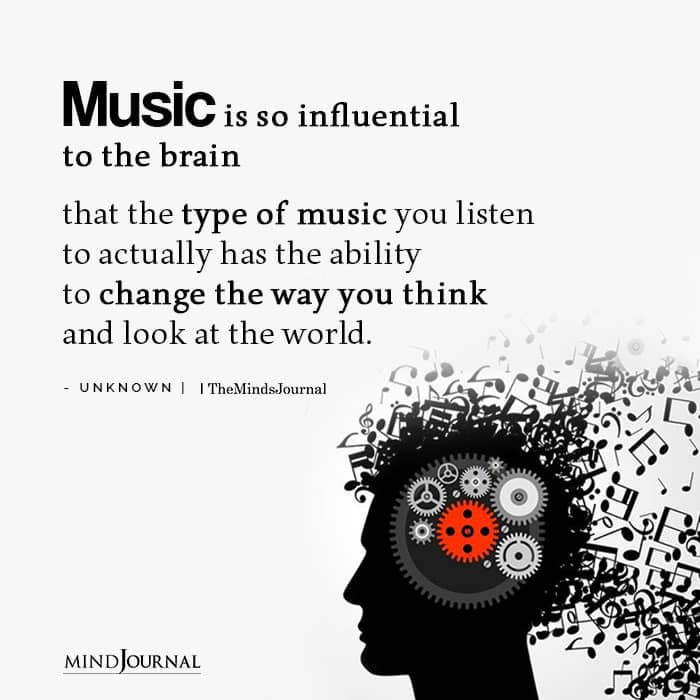
The great news? Research has shown that music therapy is beneficial for many mental health disorders, such as depression, PTSD, trauma, autism, schizophrenia. Music can help someone process emotions—particularly from trauma and grief—and can be a calming balm for anxiety. But the type of music matters.
Different music evokes different neurological responses: classical music, as you might suspect is comforting and relaxing, while rock music is energizing. There are physical benefits as well. Research on music therapy and blood pressure, published in The International Journal of Cardiology, showed that music therapy can decrease systolic blood pressure, which reduces the risk of stroke.7
HELP WITHOUT SIDE EFFECTS
We all have moments of sadness, loss, loneliness—these passing emotions are part of the human condition. Depression is something different. It’s a pervasive, persistent mood disorder characterized by despair, diminished interest, and loss of pleasure. Left untreated, depression impairs the ability to function.
More than 7% of Americans are depressed, according to the Centers for Disease Control and Prevention so finding an effective treatment is important. One huge advantage of music therapy: no side effects. Plus, it can be used in conjunction with other forms of treatment to improve mood, lessen anxiety and help return a person’s ability to function again.8
Related: The Power of Beats: A Look Into the Psychological Effects of Music
MUSIC AND AUTISM
Music can be used to foster verbal and nonverbal communication skills for people on the autism spectrum. Music therapists also use music to improve sensory issues, social skills, self-reliance, cognitive ability, and motor skills.
Music that resonates with an individual allows for a more personal connection that fosters trust with the therapist and many successfully use it to reward desired behaviors and responses.
A meta-study concluded other benefits such as increased attention to tasks, better vocabulary comprehension and improved social behavior all through music.9
SOOTHING THE RAVAGES OF DEMENTIA
People of all ages relate to and enjoy music, making it a universal language, of sorts. However, its value can go far beyond simply listening. In older adults with Alzheimer’s, dementia, and other mental health conditions, music therapy has been found to significantly decrease agitation, aggression, and other symptoms of dementia; along with improving mood, socialization, and cooperation with daily tasks—like dressing and bathing.
Related: 8 Surprising Ways Music Benefits Your Brain
Music can also be used as sensory and intellectual stimulation, which can help maintain a person’s quality of life or even improve it as it gives them an avenue for communication.10
A PATHWAY TO BETTER SLEEP
From fussy infants to older adults with insomnia—calming music, like classical or nature sounds—can significantly improve the quality of sleep. Insufficient rest leads to daytime dysfunction and exhaustion, too, of course.
Some experts say music therapy is as effective as sleeping pills in inducing sleep or tranquil states, as evidenced by sleep EEG testing, a study reported in The Journal of PeriAnesthesia Nursing.11
Lack of sleep can significantly impact mood. A University of Pennsylvania found that subjects who were limited to only 4.5 hours of sleep a night, for 7 days, reported feeling more mentally exhausted, stressed, sad, and angry. However, when the subjects went back to a normal sleep schedule, study participants reported dramatic improvement in mood.
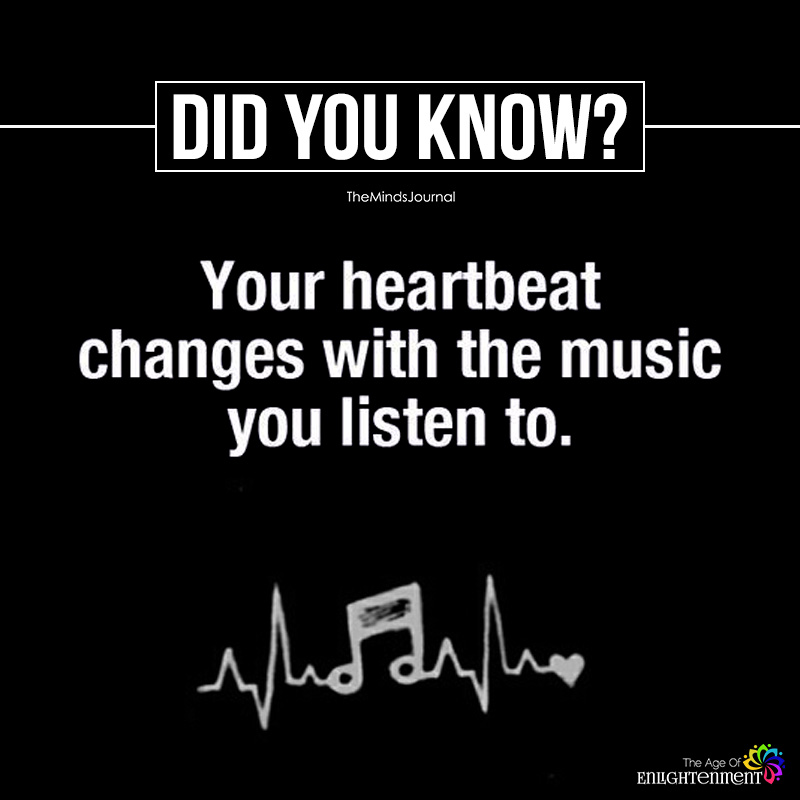
WHEN ALL ELSE FAILS TO REACH KIDS
“Music is the one thing that transcends all human emotion,” says Clive Robbins, a psychologist who is co-director of the Nordoff-Robbins Music Therapy Clinic at New York University, and one of the pioneers in the rapidly growing field, when interviewed by the New York Times. Medications while possibly effective, carry side effects, which can be particularly challenging when treating children.
Other therapies can also help, but may not spark as much engagement and connection. Robbins has found that when other methods fail, music therapy can be an effective way to reach emotionally-disturbed children. ”Music motivates kids who do not communicate to somehow make contact,” he says.
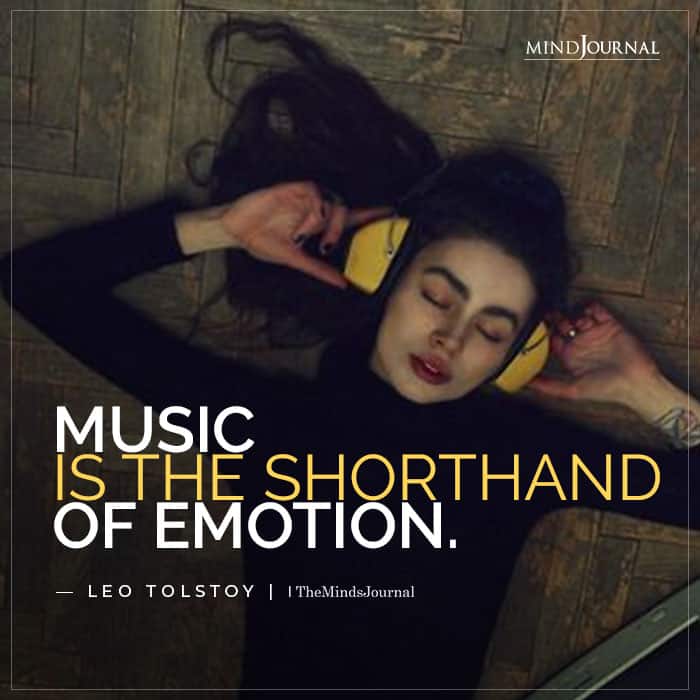
GONE TO THE DOGS . . .
It’s not just humans that are impacted behaviorally by music. In a 2012 study published in The Journal of Veterinary Behavior, researchers from Colorado State University observed the behavior of 117 dogs—from activity levels to vocalizations and more. The veterinarians played several types of music to the pooches, from classical, heavy metal, and an altered form of classical music.
As a control, they also observed the behavior when no music was playing. And here’s what they found: the pooches slept the most when listening to all kinds of classical music, an indication that it relaxed them. But (this is likely not going to shock you)—had the opposite reaction when listening to heavy metal, as demonstrated by increased body shaking, a sign of canine anxiety.
Article Sources:
1. The Phrase Finder. The Meaning and Origin of the Expression: Music has Charms to Soothe the Savage Breast. Available at: www.phrases.org.uk/meanings/music-has-charms-to-soothe-the-savage-breast.html Accessed June 13, 2019.
2. National Alliance on Mental Illness (NAMI). The Impact of Music Therapy on Mental Health. Available at: https://www.nami.org/Blogs/NAMI-Blog/December-2016/The-Impact-of-Music-Therapy-on-Mental-Health Accessed June 13, 2019.
3. Thaut MH. Music as therapy in early history. Prog Brain Res 2015;217:143-158
4. Goldsby TL. Effects of Singing Bowl Sound Meditation on Mood, Tension, and Well-being: An Observational Study. J. Evid Based Complementary Altern Med. 2017 Jul;22(3):401-406.
5. American Music Therapy Association. History of Music Therapy. Available at: www.musictherapy.org/about/history/ Accessed June 13, 2019.
6. Crocq MA. From shell shock and war neurosis to posttraumatic stress disorder: a history of psychotraumatology. Dialogues Clin Neurosci. 2000;2(1):47–55.
7. do Amaral MA. Effect of music therapy on blood pressure of individuals with hypertension: A systematic review and Meta-analysis. Int J Cardiol. 2016 Jul 1;214:461-4.
8. Aalbers S. Music therapy for depression. Cochrane Database Syst Rev. 2017 Nov 16;11:CD004517.
9. Stegemann T. Music Therapy and Other Music-Based Interventions in Pediatric Health Care: An Overview. Medicines. 2019 Feb 14;6(1). pii: E25.
10. Weise L. Study protocol: individualized music for people with dementia – improvement of quality of life and social participation for people with dementia in institutional care. BMC Geriatr. 2018 Dec 14;18(1):313.
11. Loewy J. Sleep/sedation in children undergoing EEG testing: a comparison of chloral hydrate and music therapy. Am J Electroneurodiagnostic Technol. 2006 Dec;46(4):343-55.
Written by: Karina Margit Erdelyi
Originally appeared on Psycom
Republished with permission.
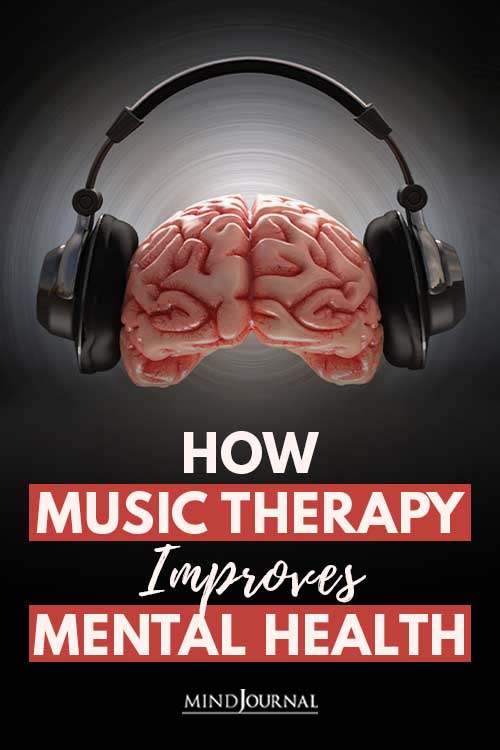
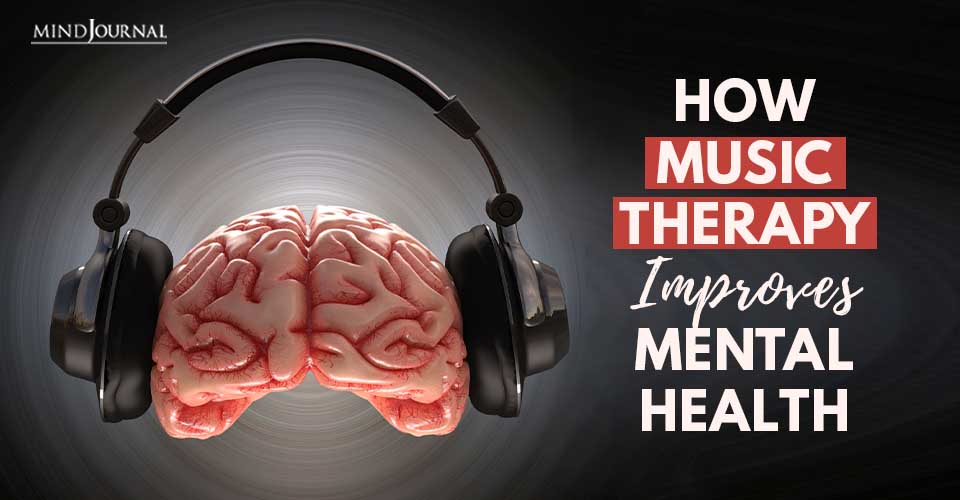


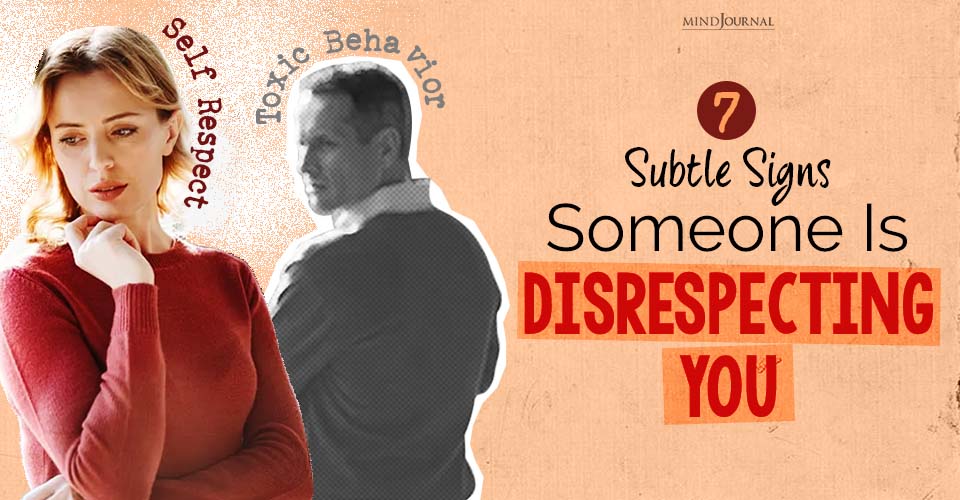


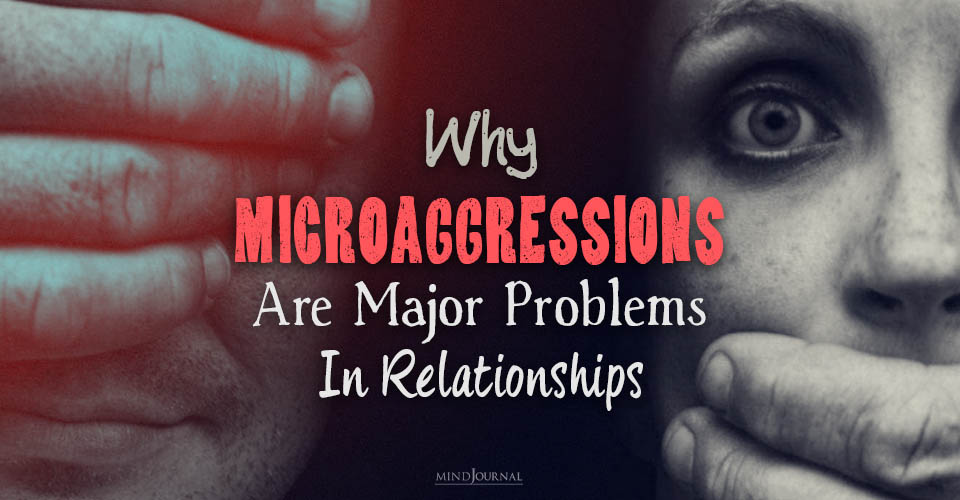

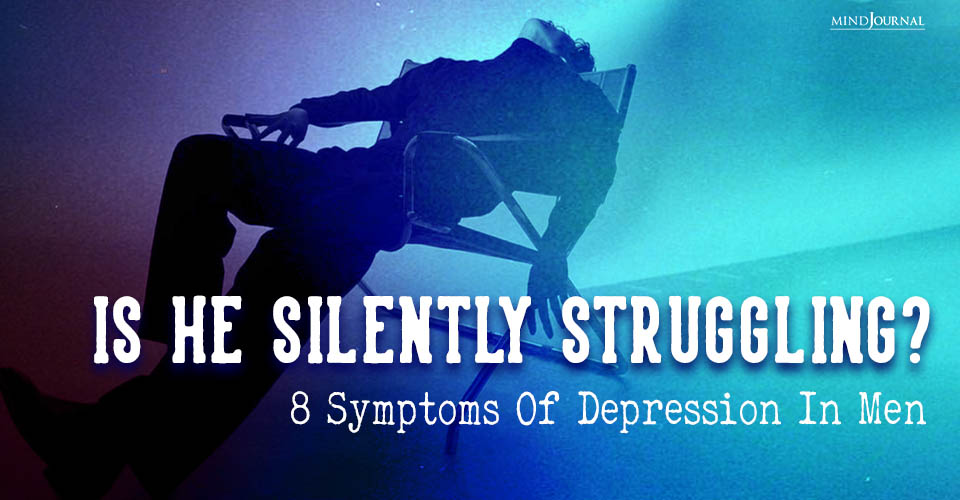




Leave a Reply
You must be logged in to post a comment.